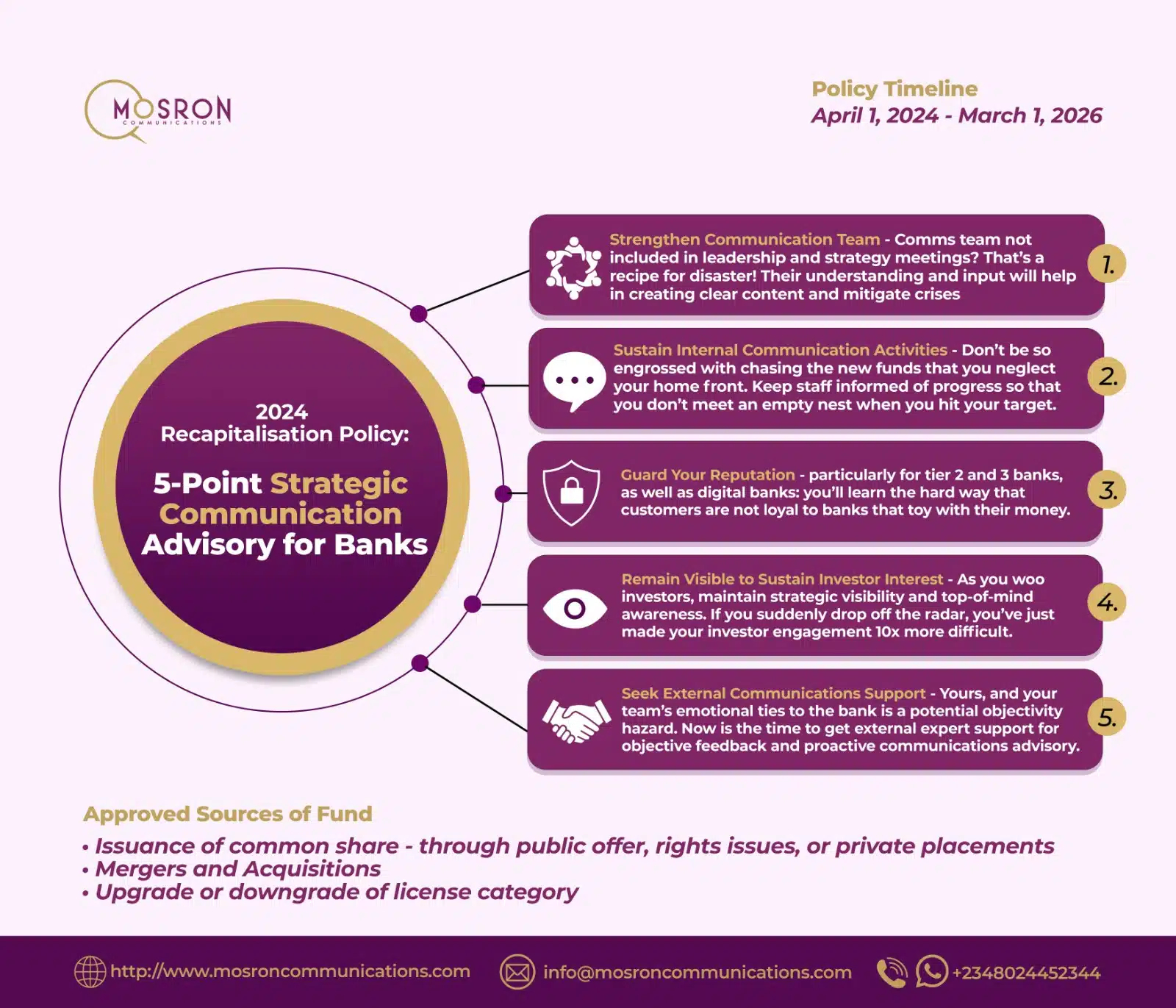The news
- Lesotho has granted Starlink a decade-long license to provide satellite internet services nationwide.
- The move aims to address the country’s low internet penetration, especially in rural areas where 83% lack access.
- Lesotho’s regulatory flexibility contrasts with South Africa’s stringent local ownership laws, which have hindered Starlink’s entry.
- Meanwhile, Starlink’s expansion into Lesotho adds to its growing presence in Africa, including operations in Nigeria, Mozambique, and Zimbabwe.
Lesotho has granted Starlink, the satellite internet service owned by Elon Musk’s SpaceX, a 10-year license to operate within the country. The Lesotho Communications Authority (LCA) announced the approval on Monday, April 14, 2025.
“This landmark decision marks a significant step forward in the country’s digital transformation and underscores the Authority’s unwavering commitment to enabling a competitive, transparent, and forward-looking communications sector that fuels economic growth and fosters innovation,” a statement by the regulator read.
The LCA undertook a comprehensive review of its regulatory framework to accommodate the emerging low-earth orbit (LEO) satellite technology, including public consultations and stakeholder engagements. This proactive approach facilitated the licencing process for Starlink, enabling the company to offer high-speed internet services across Lesotho.
This development comes after Starlink’s bid for a licence in the South African nation faced pushback locally, with civil rights group Section 2 insisting the regulator mandate a 30% local ownership. However, the regulator’s statement failed to address this conflict.
In neighbouring South Africa, the government has yet to license Starlink, primarily due to its Broad-Based Black Economic Empowerment (B-BBEE) laws, which require foreign-owned telecom companies to have at least 30% local ownership. Starlink has not applied for a license in South Africa, citing these ownership requirements as a significant barrier.
Starlink’s expansion into Lesotho adds to its growing presence in Africa, with operations already established in countries like Nigeria, Mozambique, Somalia, and Zimbabwe. The company’s ability to provide high-speed internet in remote and underserved areas positions it as a transformative player in the continent’s telecommunications landscape.











